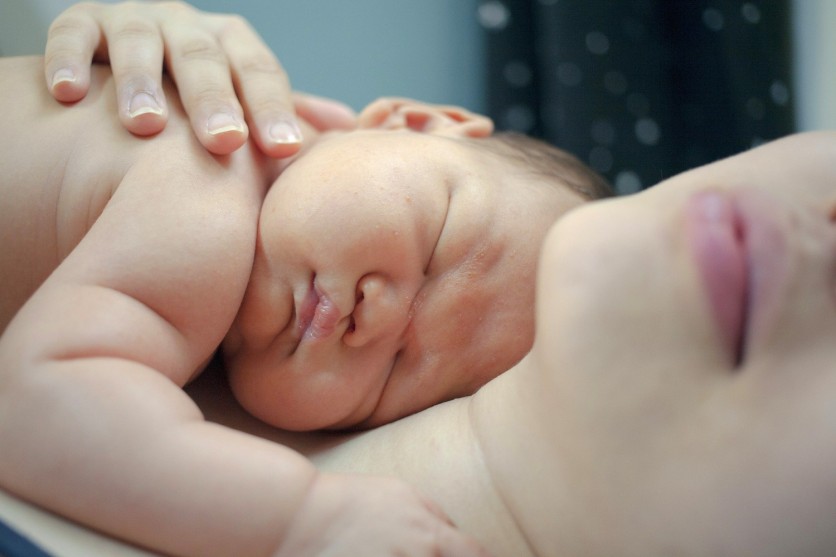New studies have shown that some mothers who are positive with COVID-19 could be passing the virus to their unborn children in the womb through vertical transmission, opposite of what was initially perceived during the early days of the coronavirus pandemic.

Initial Reports Say Women are Unlikely to Transfer Virus to Babies
According to ABC News, this came from three new reports that were published in The Journal of the American Medical Association.
The process of vertical transmission or the spread of infectious diseases such as the COVID-19 from mother to child happens before birth when the baby is still in the womb.
During earlier studies concerning the vertical transmission of the novel coronavirus disease, 19 infants that were born to women who are positive with the novel coronavirus all tested negative for COVID-19.
Therefore, it seemed unlikely that mothers had passed the virus to their babies, especially when looking at historical data from the close cousins of SARS-CoV-2, which are the SARS and MERS.
New Studies Say Otherwise
However, a new study from the Wuhan's Children's Hospital found three out of 33 infants born of mothers with coronavirus had fallen ill, a rate of 9% in an otherwise small sample, as noted by the New York Post.
The doctors involved in the births guaranteed they followed the strict infection control procedures during the deliveries, suggesting that the infants did not acquire the virus during or after the procedure.
Instead, it suggests that the virus had come from the mother when the baby was still in the womb.
All three infants, who fortunately pulled through, were born via C-section.
Two of the infants were born full-term and developed pneumonia, fever, and lethargy, while the other one was premature and was born at only 31 weeks of gestation, which is six weeks earlier than usual, and had sepsis or a blood infection caused by bacteria.
Read Also : [VIDEO] Coronavirus in Virtual Reality: See How Rapidly COVID-19 Damages a Coronavirus Patient's Lungs
More Studies Suggest Possible Vertical Transmission
Two more studies that were also conducted in China reported possible signs of vertical transmission.
The studies were published in The Journal of American Medical Association on March 26.
The studies suggested three more infants that did not show any symptoms of COVID-19 nor were tested positive for coronavirus, but have significant levels of antibodies or immune proteins for the viral infection known as IgM.
In one of the reports, one of the babies showed elevated levels of two types of antibodies, first the IgM and then the IgG.
Although IgG can be transferred from the mother to the baby, IgM is actually too big to pass through the placenta, so it suggests that the baby had produced its own IgM, or the mother was able to transmit her IgM to the baby through a damaged placenta.
According to LiveScience, the baby has also shown significant levels of immune system chemicals known as cytokines along with white blood cells, which could be signs of an infection.
However, the baby has repeatedly tested negative for COVID-19.
The second report was similar to the second one, where six babies tested negative for the coronavirus infection but had significant levels of IgG and IgM.
Evidence Inconclusive
Although the studies are different from initial reports, the researchers say that the evidence in these reports are inconclusive and does not prove that SARS-CoV-2 can be transferred from the mother to her unborn baby.
ⓒ 2026 TECHTIMES.com All rights reserved. Do not reproduce without permission.




